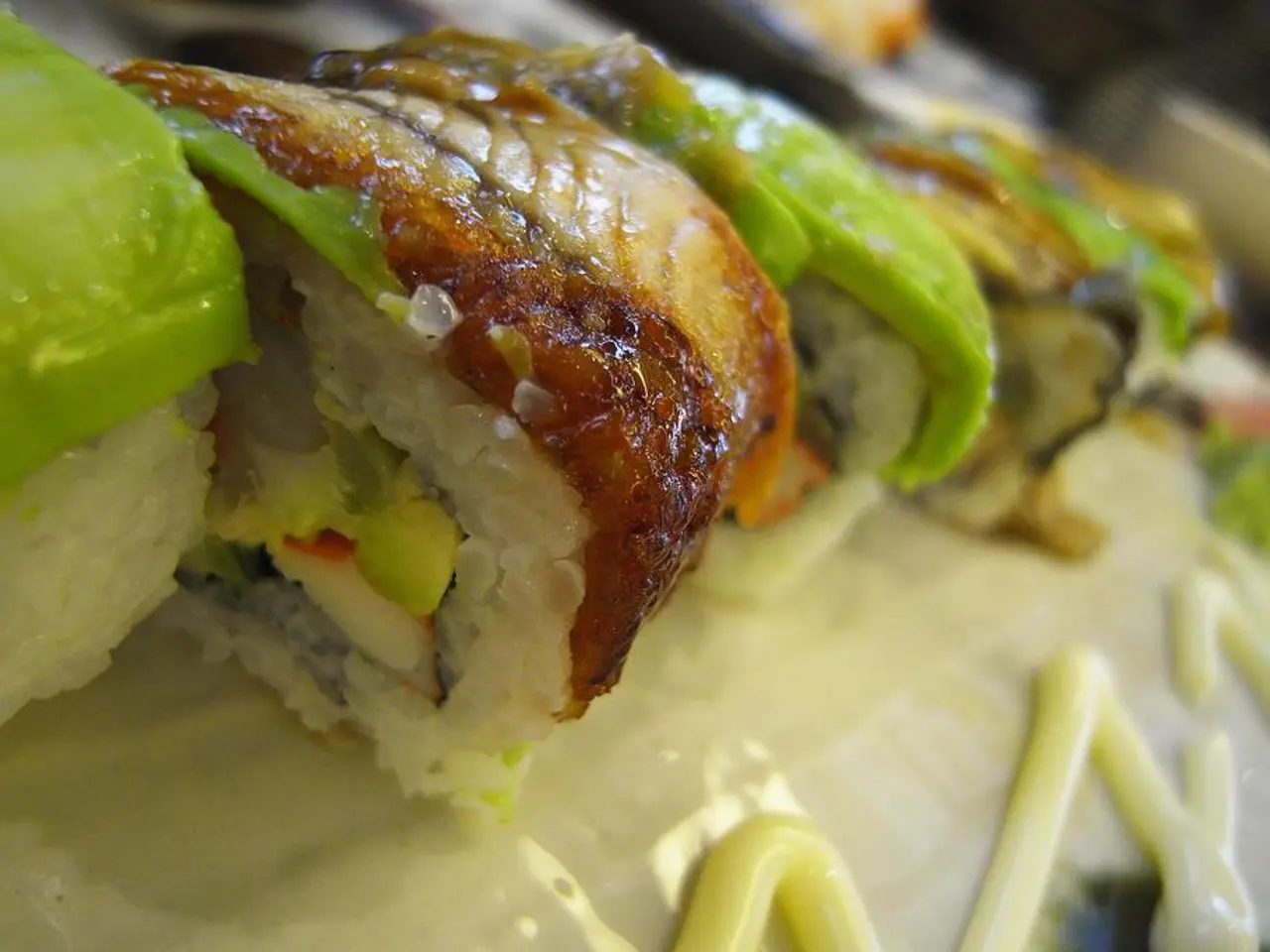Are Chinese snacks and sweets potentially hazardous?
In recent years, a growing concern among doctors and parents has been the potential negative impact of certain popular snacks on the health of growing bodies. These snacks, which have become popular among teenagers, include spicy Chinese snacks such as "Layia" soy meat, Korean instant noodles "Buldak", and dried shrimp, as well as other exotic snacks.
These snacks, while intense and flavourful, contain a variety of ingredients that are cause for concern. For instance, the popular soy meat "Layia" contains palm oil, monosodium glutamate, artificial colors, flavors, chili pepper, and Sichuan pepper. Many manufacturers of these snacks also use artificial preservatives, flavor enhancers, and other harmful ingredients.
Regular intake of these snacks can lead to a variety of health issues. For children, the high content of salt, sugar, and fat can contribute to obesity, diabetes, and other diseases. Additionally, these snacks can cause digestive issues and increase heart and kidney strain.
The Gomel City Center of Hygiene and Epidemiology has stated that these products are dangerous due to their aggressive composition. The intense, burning taste of these snacks can create a persistent food dependency in teenagers, replacing interest in healthy food.
Moreover, some Chinese snacks contain genetically modified organisms (GMOs). While the debate around GMOs is ongoing, some studies link GMOs to increased allergy risks and other disorders.
One specific concern is the Korean instant noodles "Buldak". These noodles, known for their spicy and intense taste, have been linked to water retention and swelling.
Despite the concerns, there is a lack of specific information about the manufacturers of Chinese snacks with aggressive compositions. This lack of transparency makes it difficult for parents and doctors to make informed decisions about the snacks their children consume.
In conclusion, while these snacks may be popular among teenagers, they pose a significant health risk. Parents and doctors are urged to exercise caution when it comes to the consumption of these snacks, particularly by children. Chinese snacks should be considered a culinary extreme and require extreme caution.








